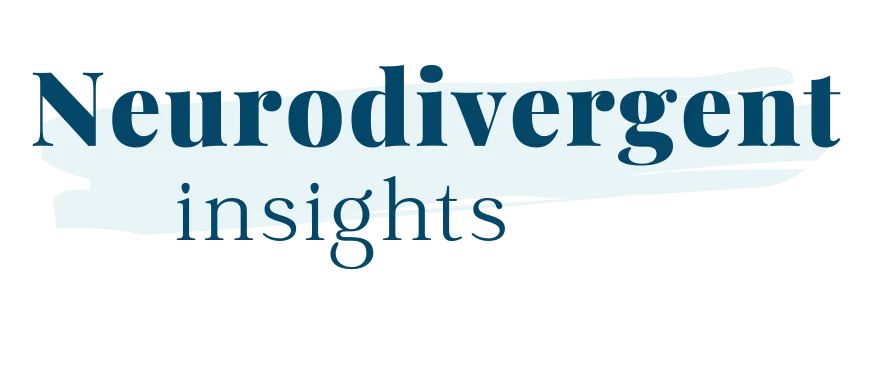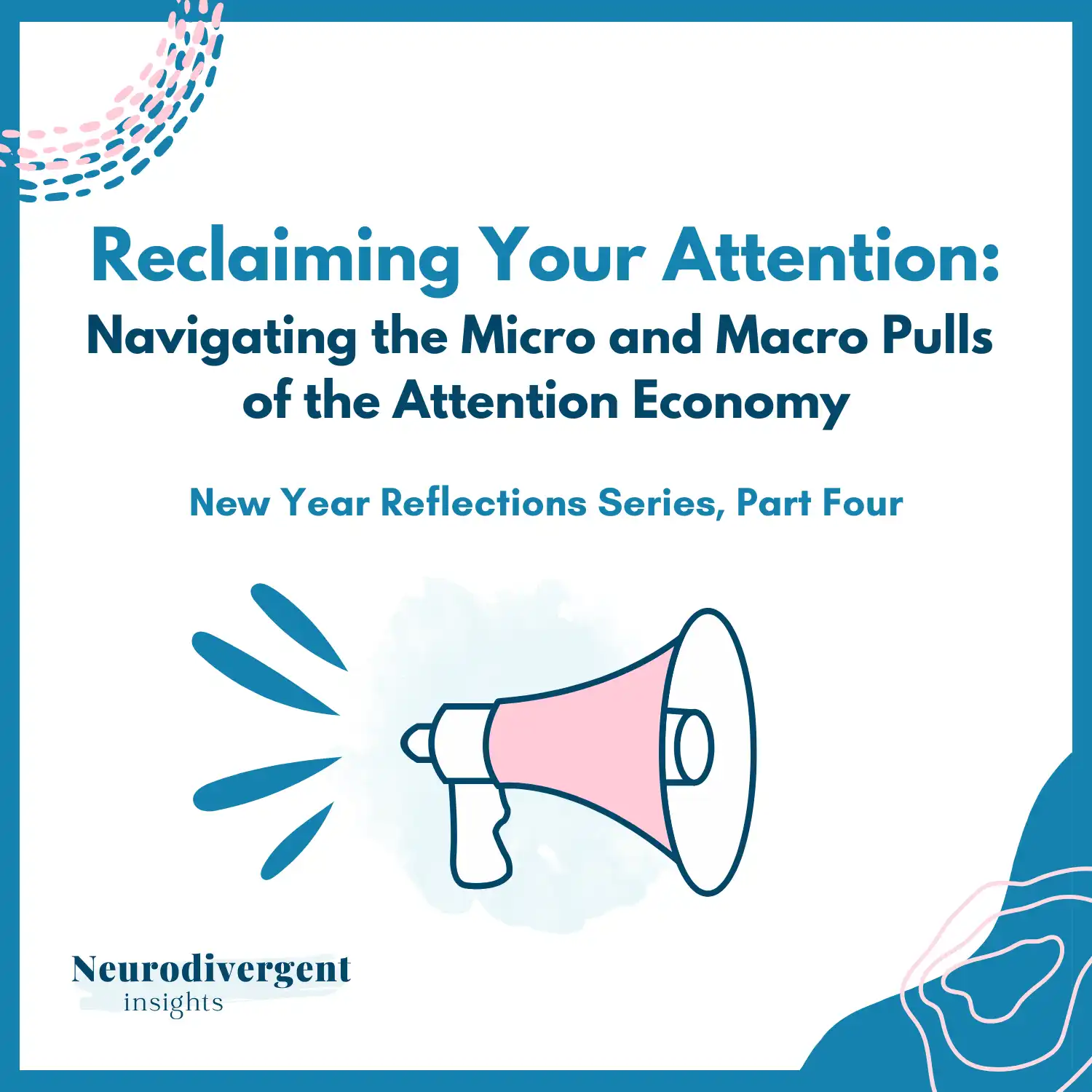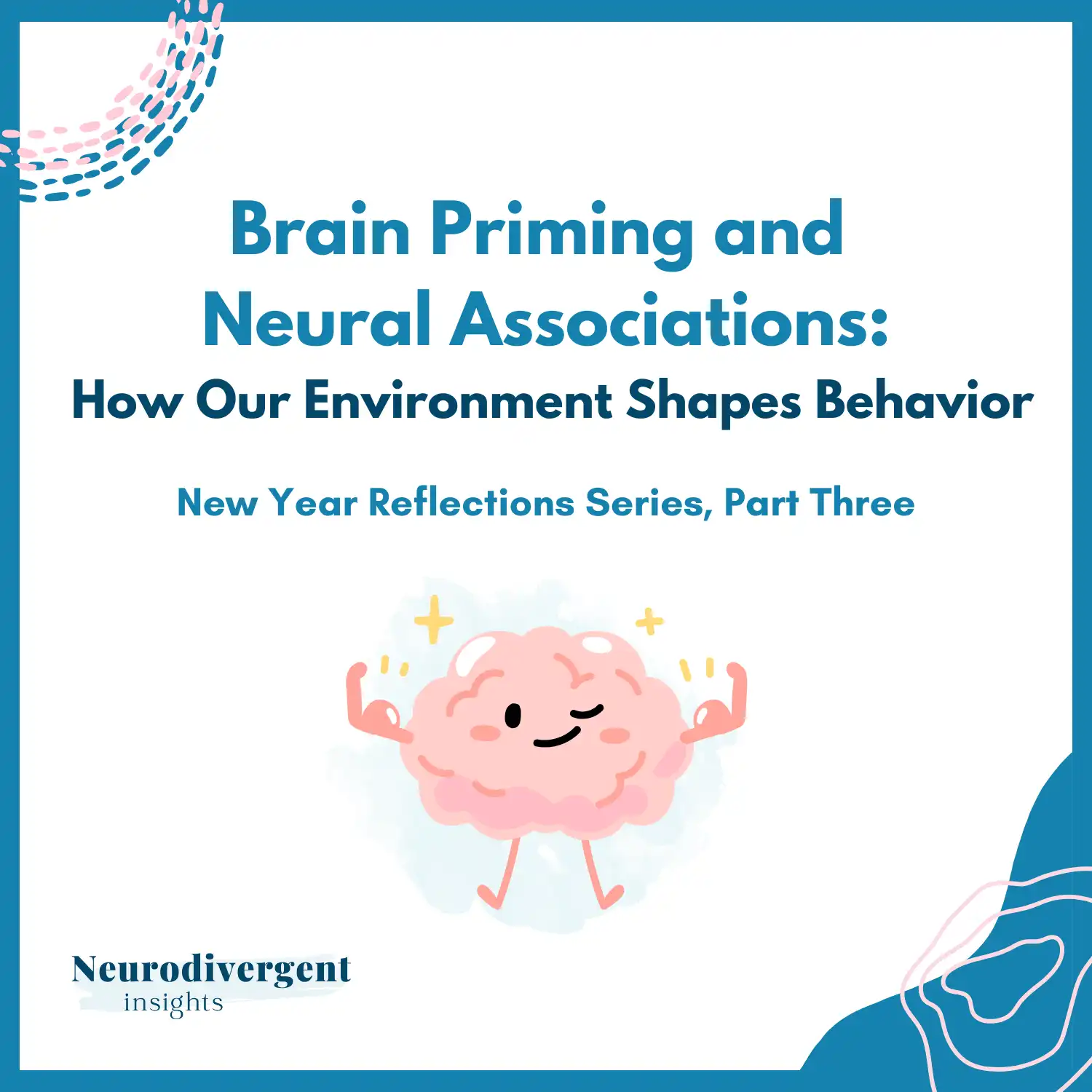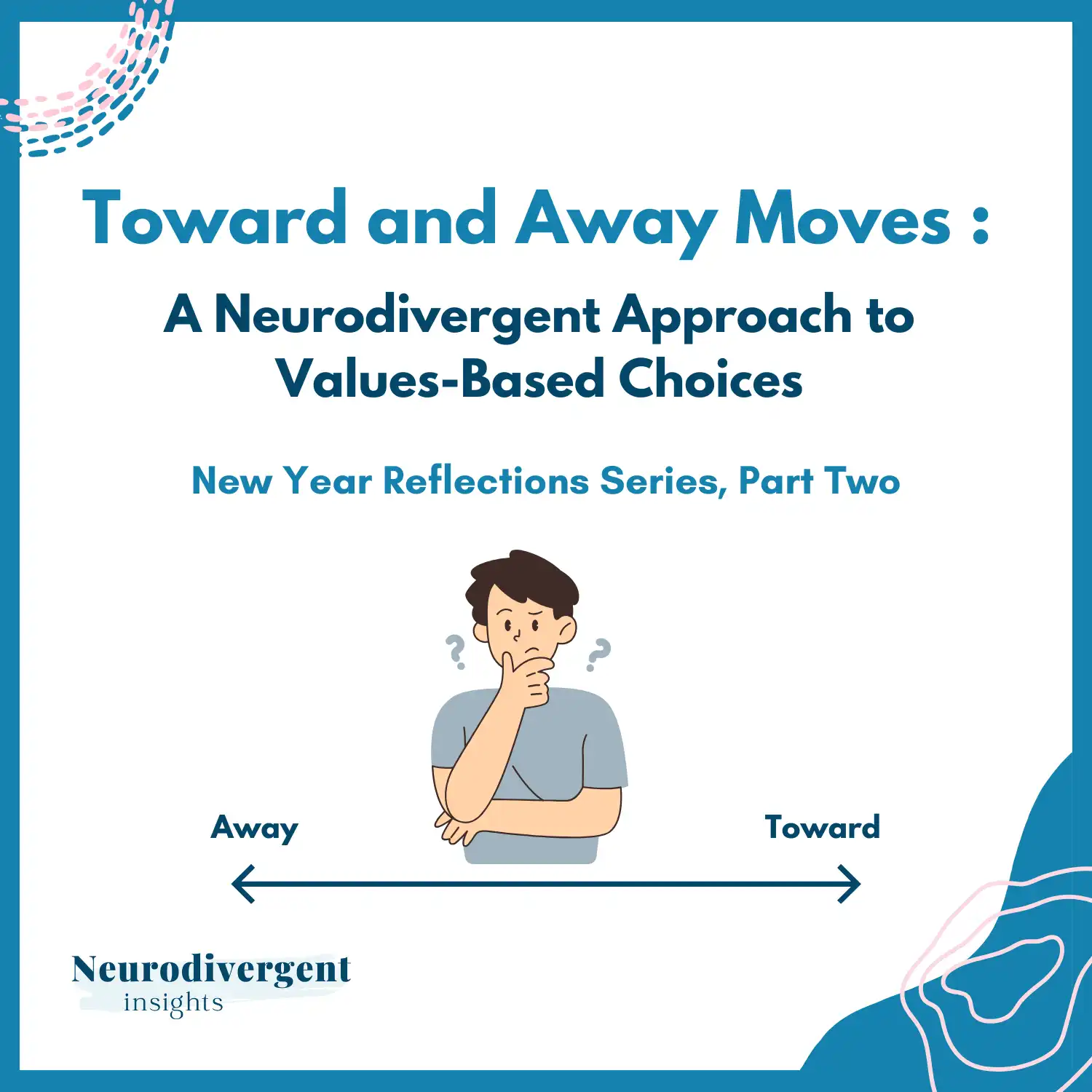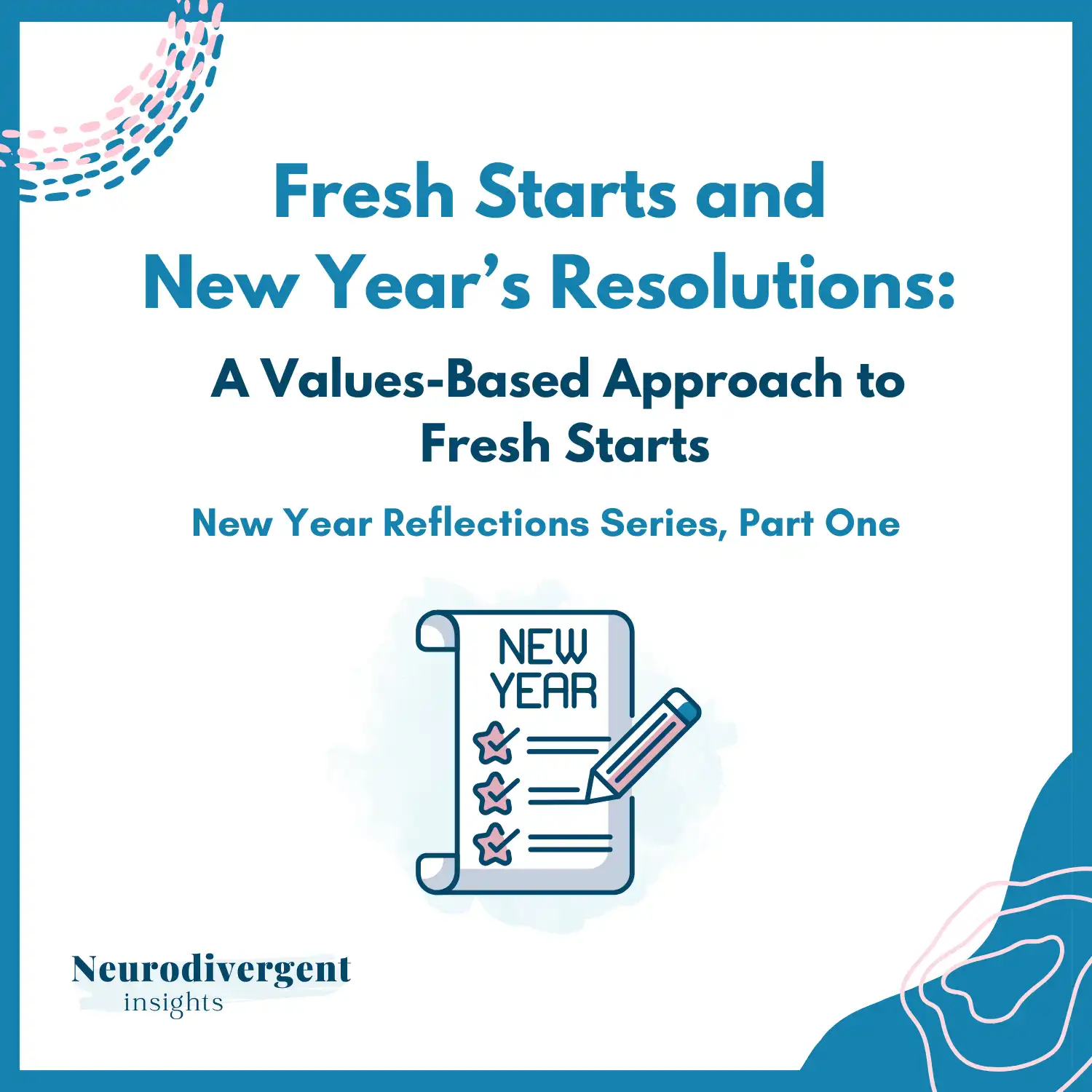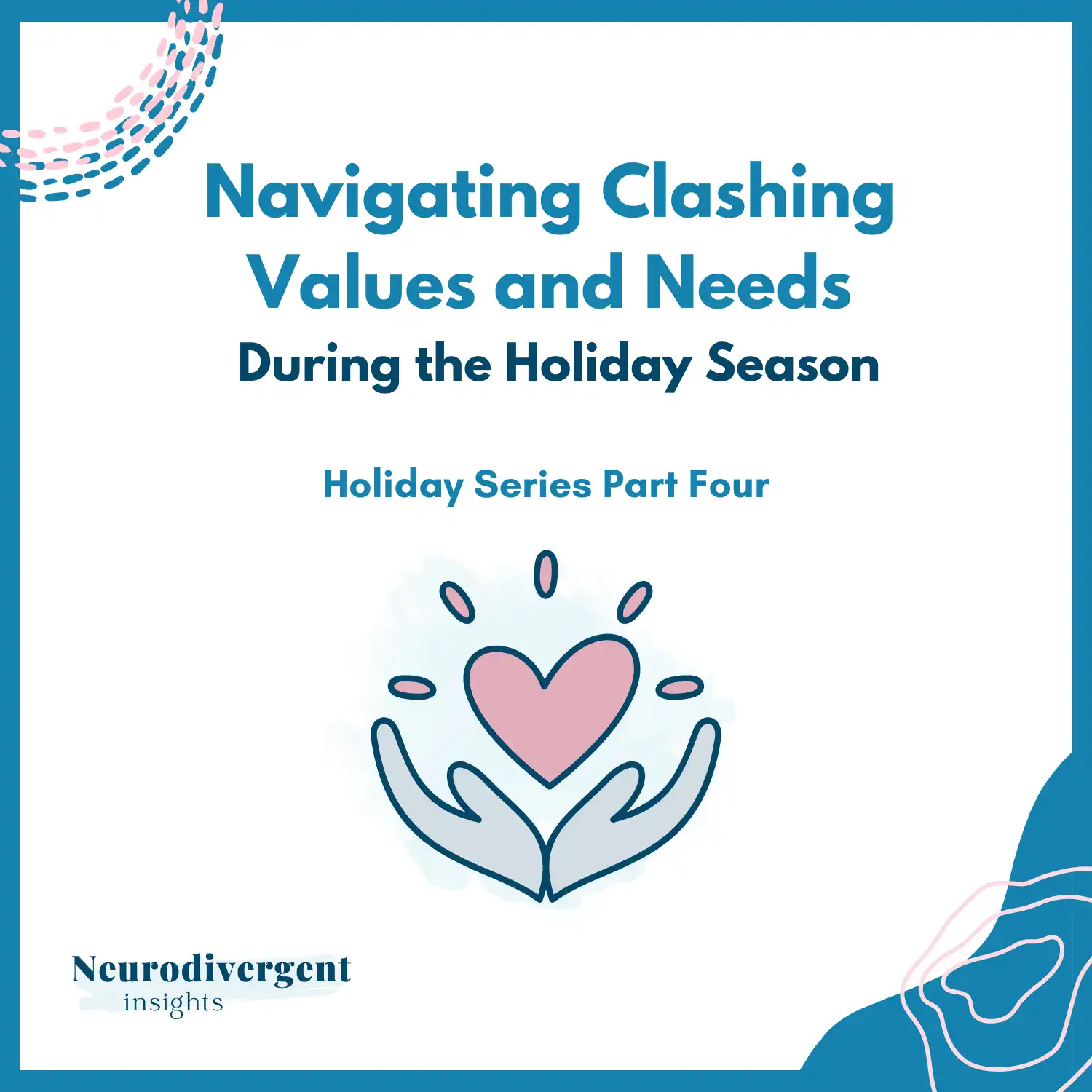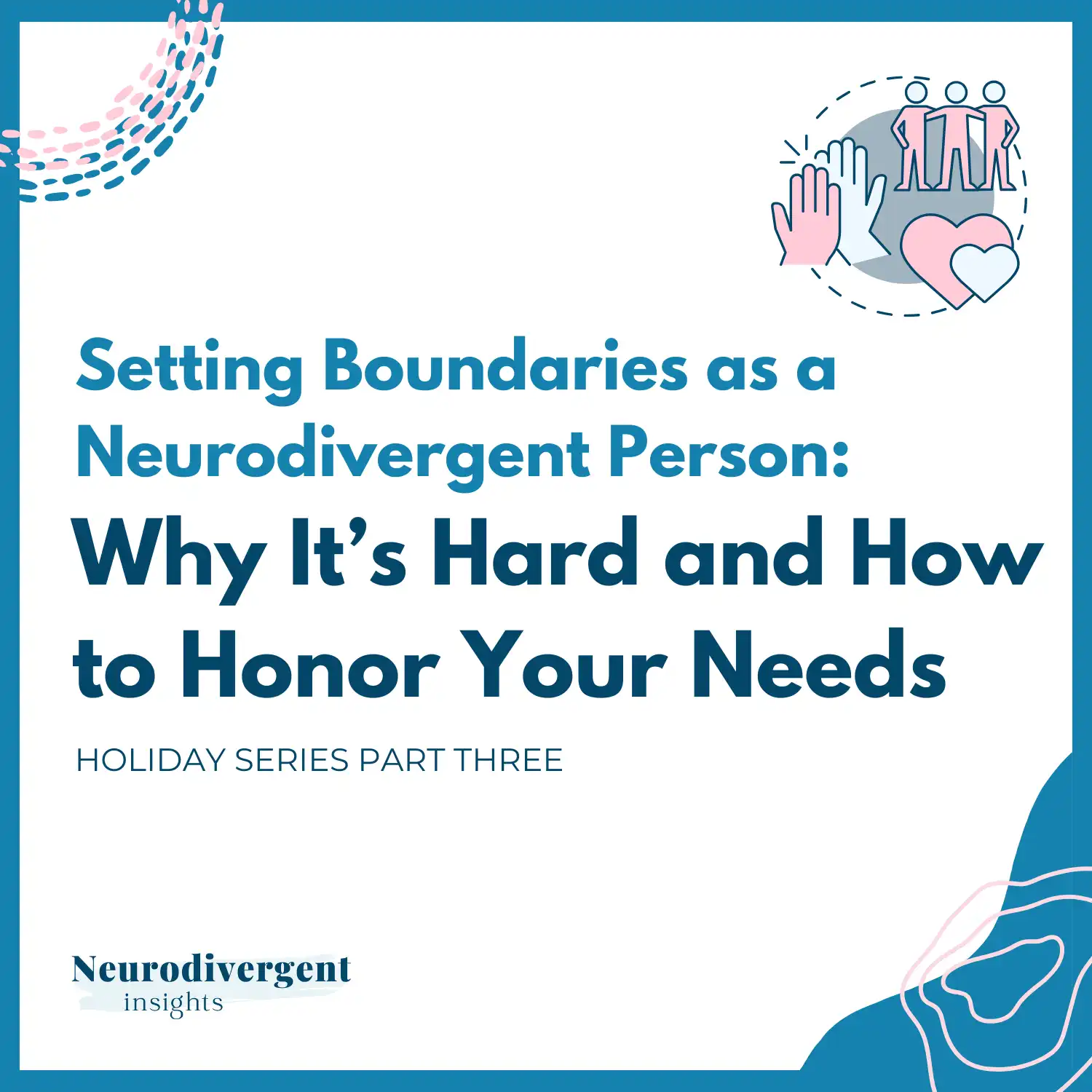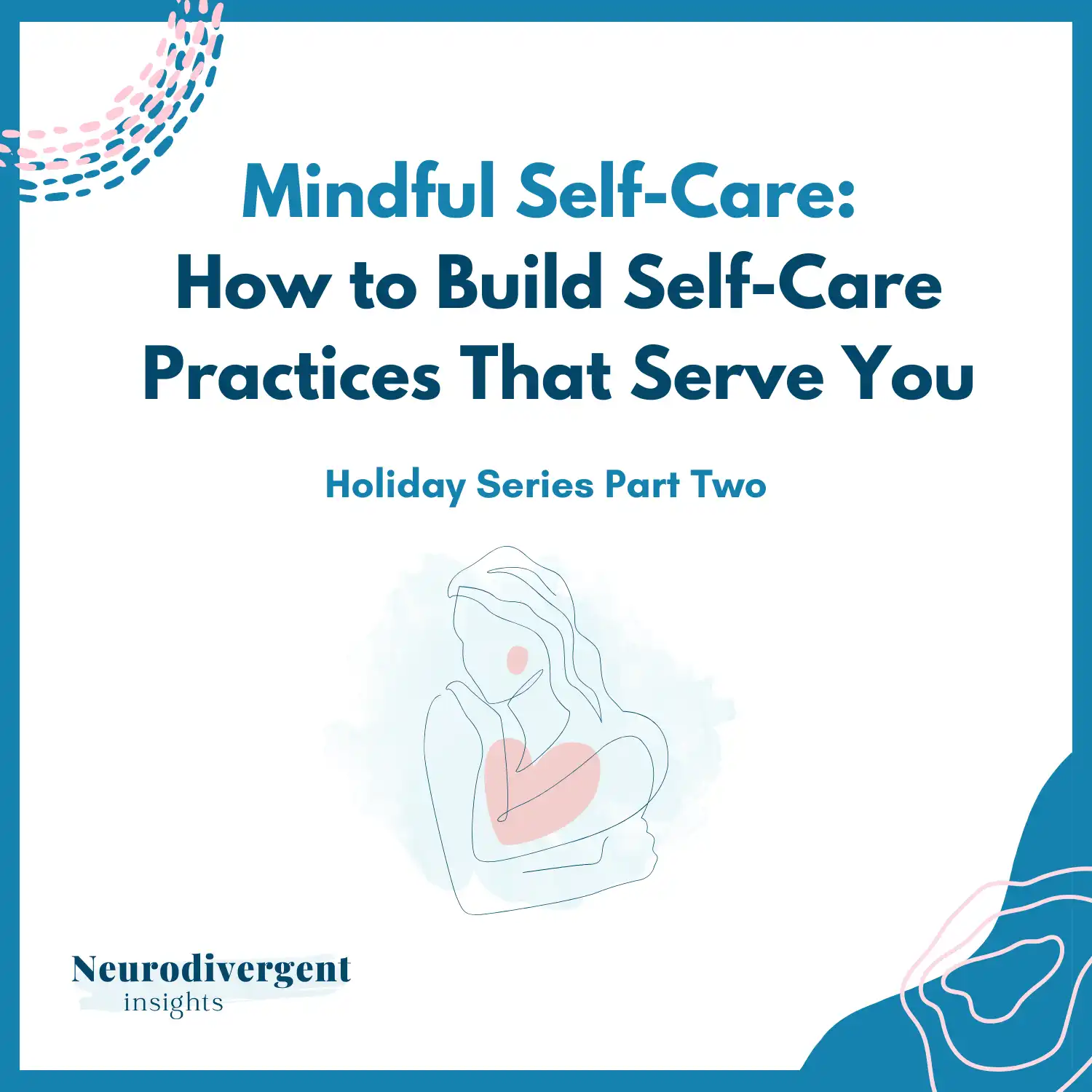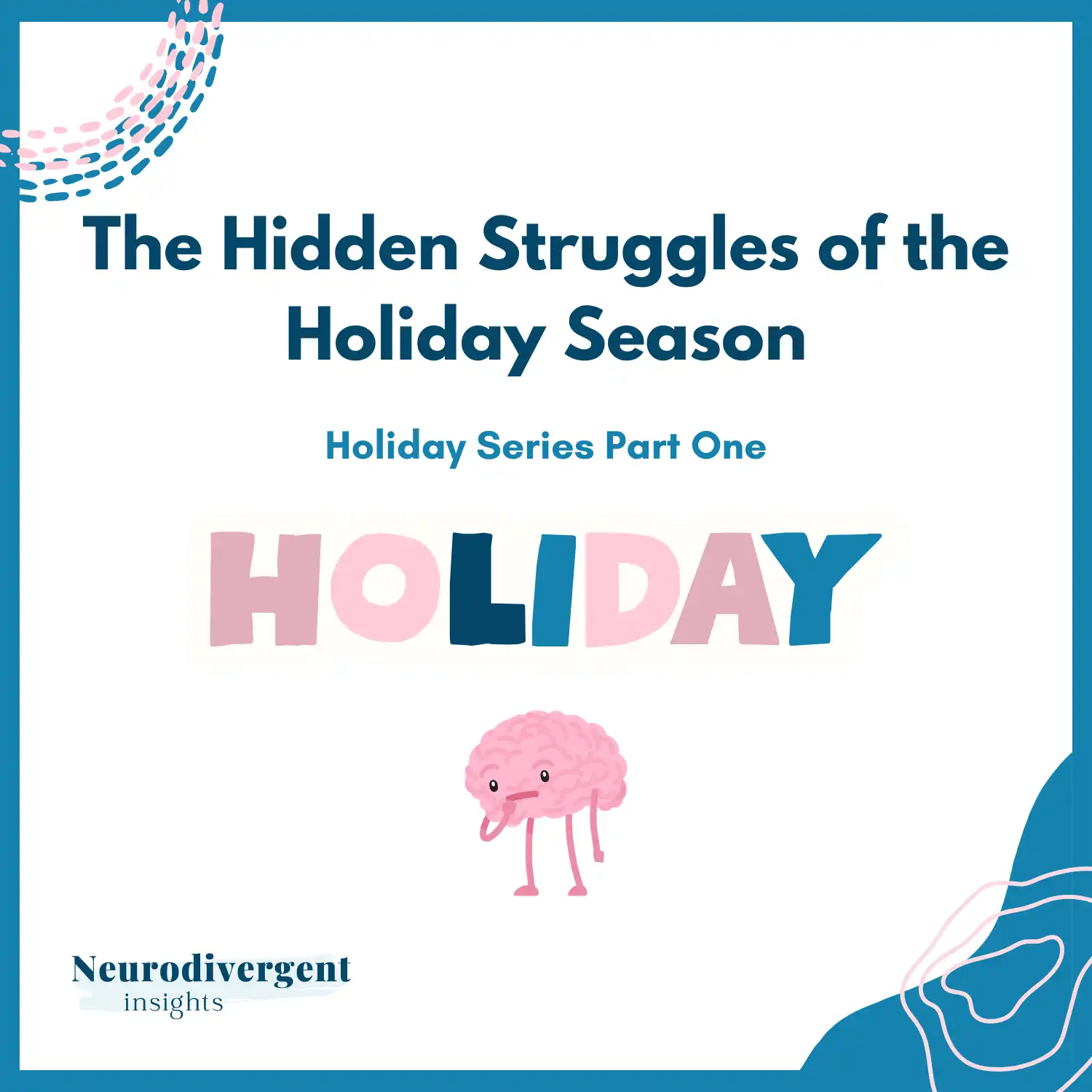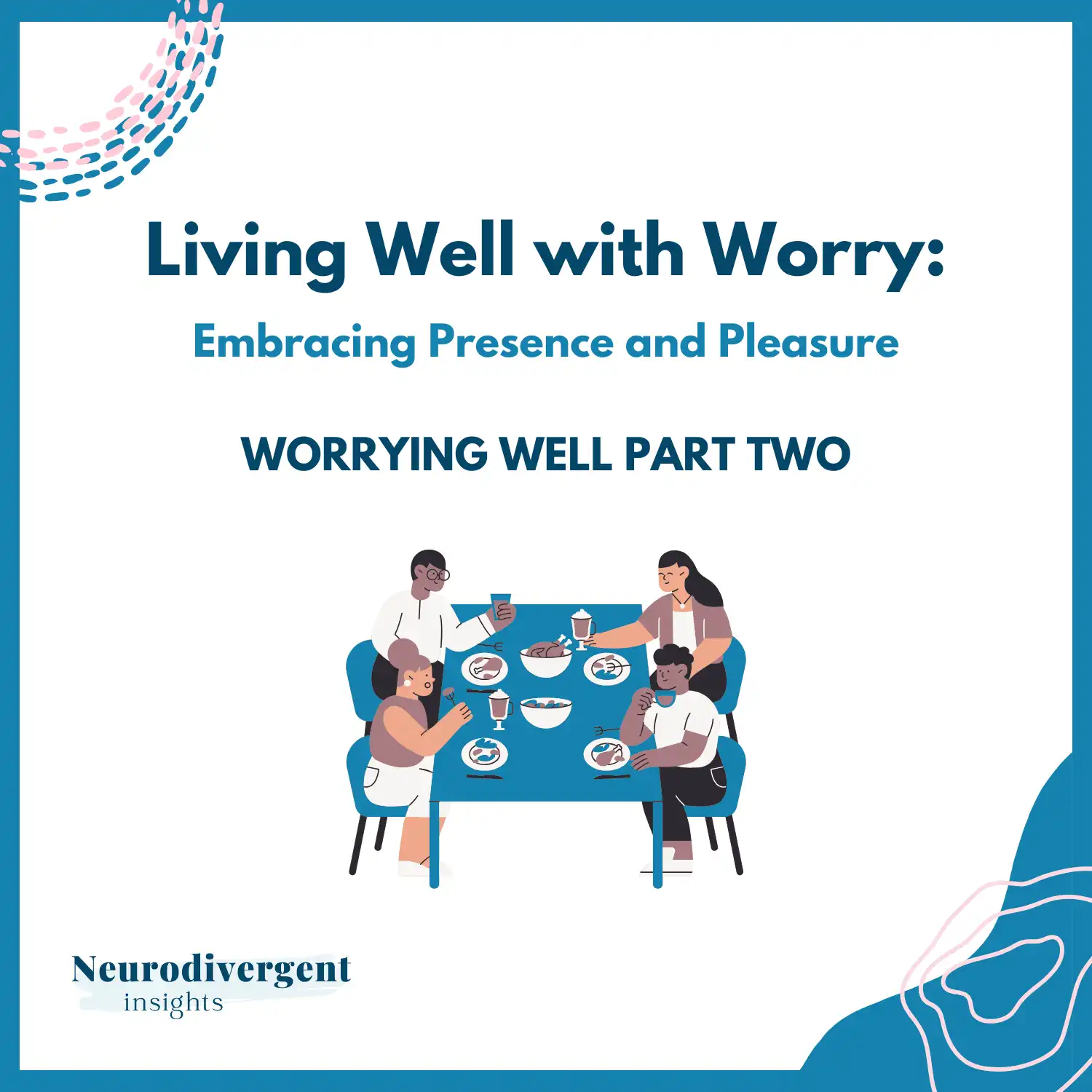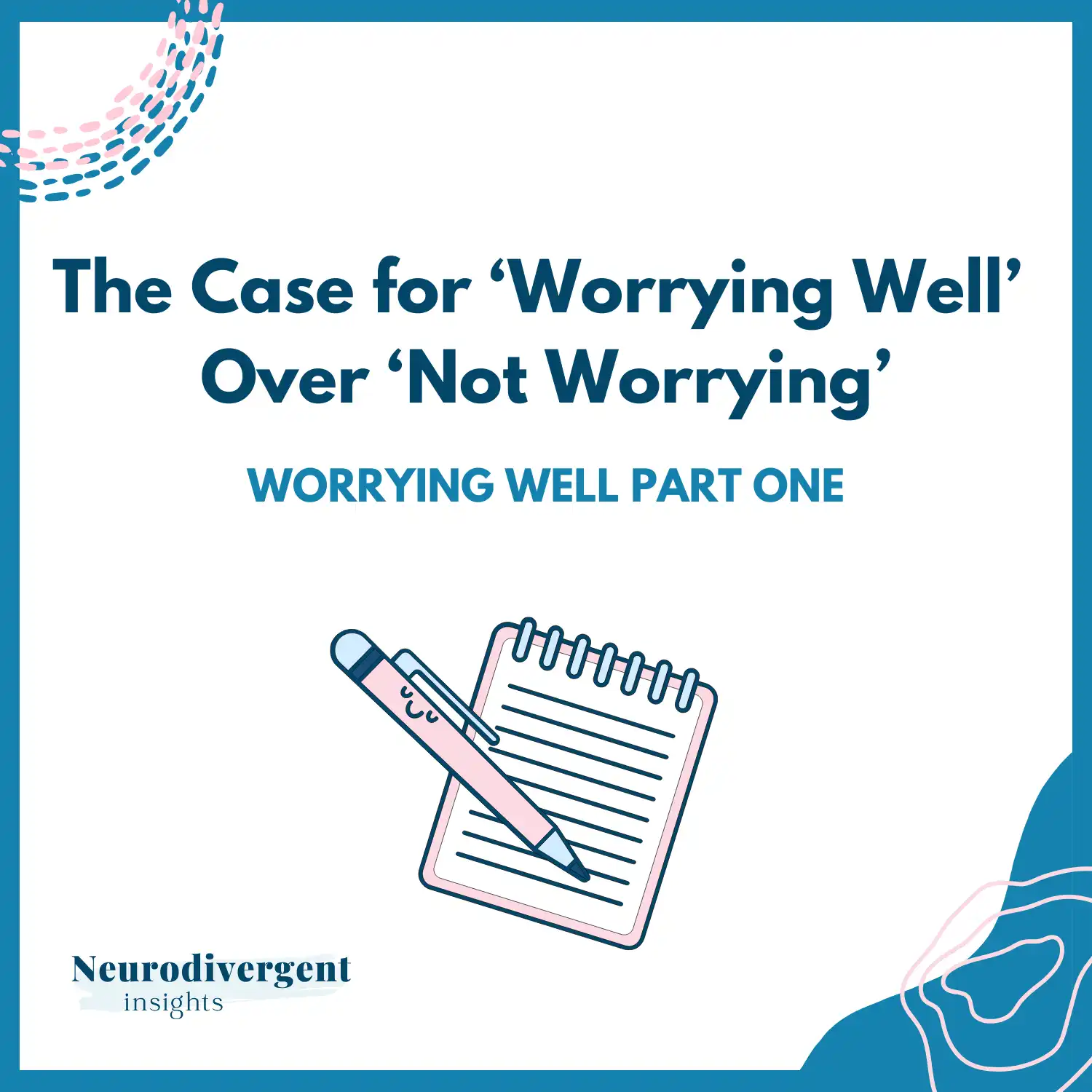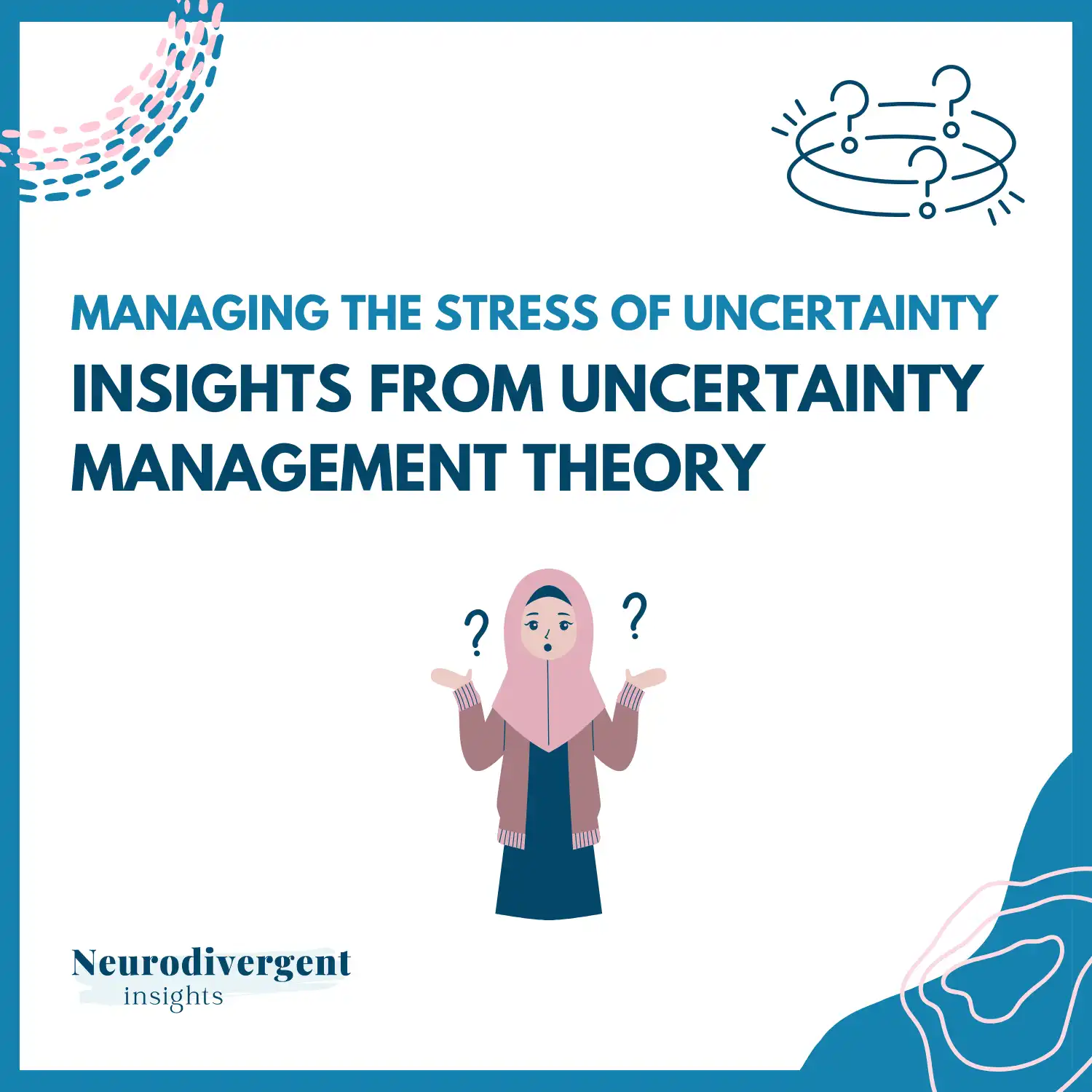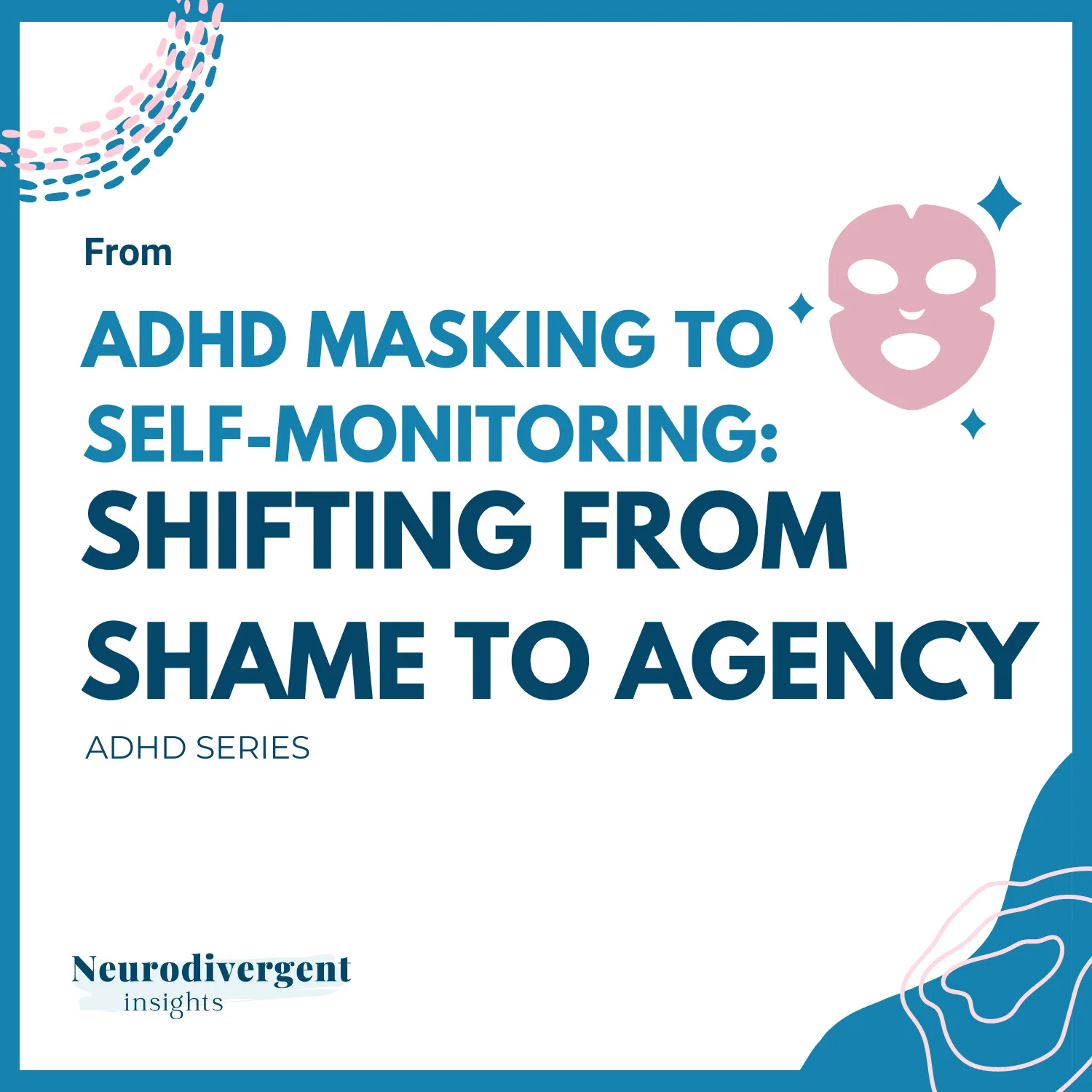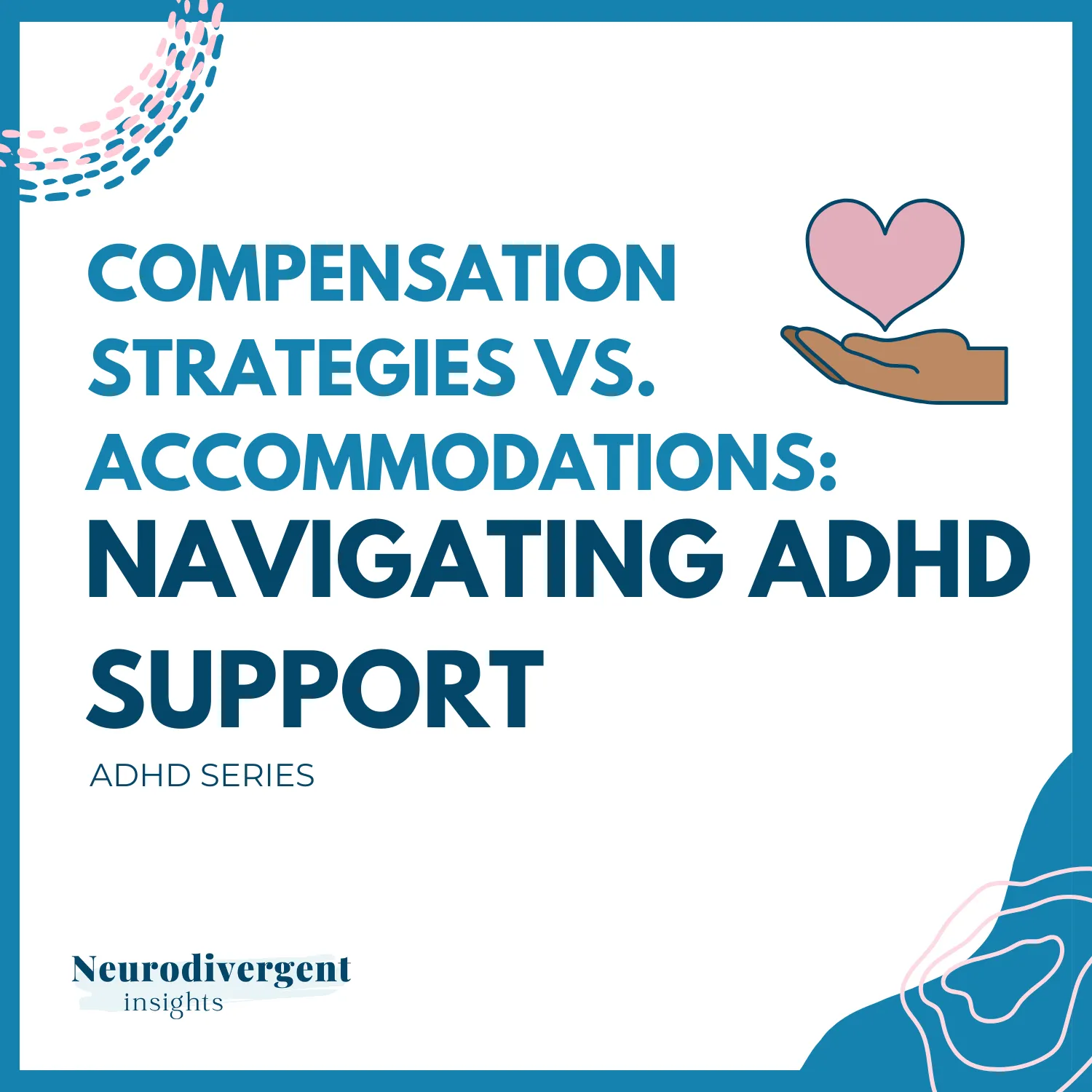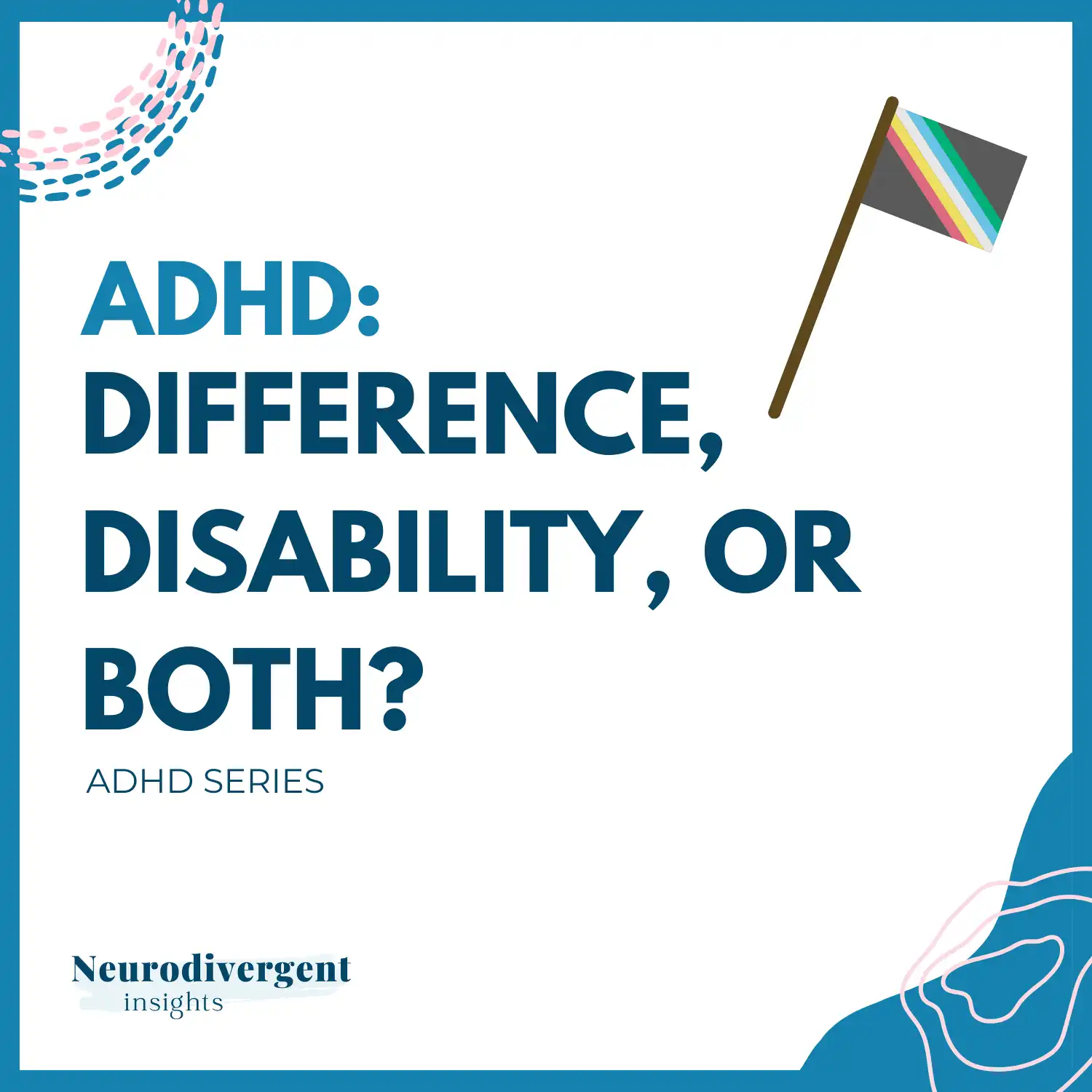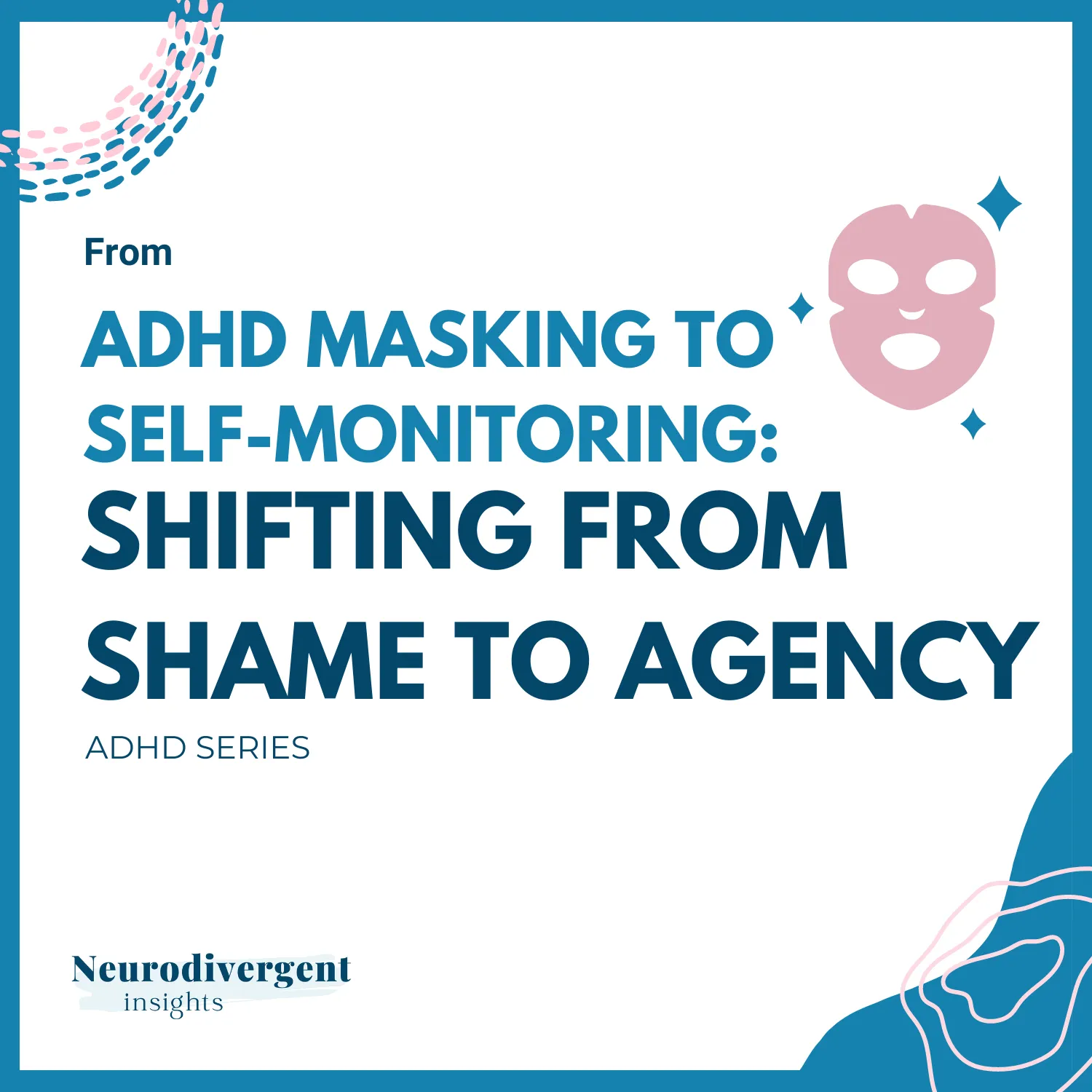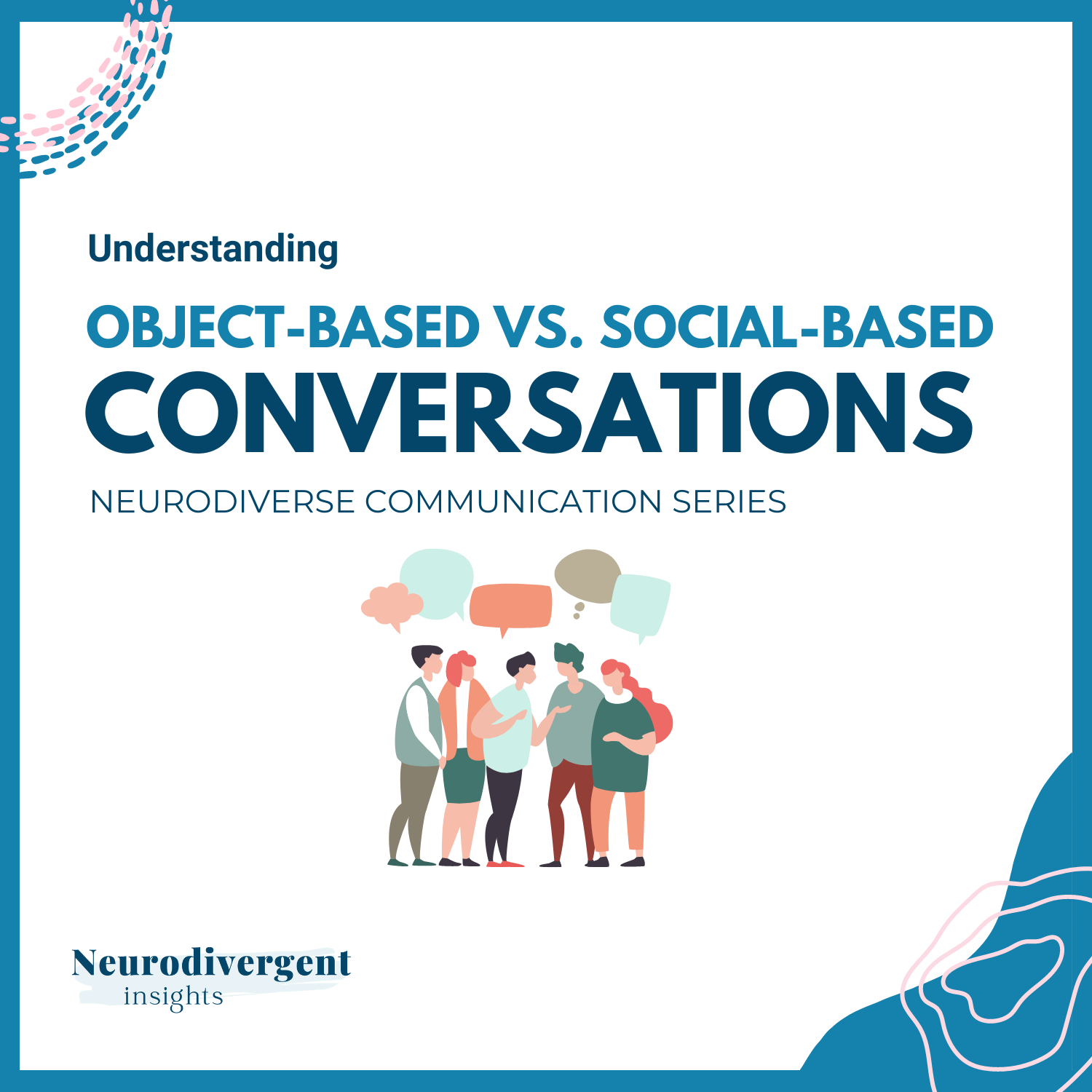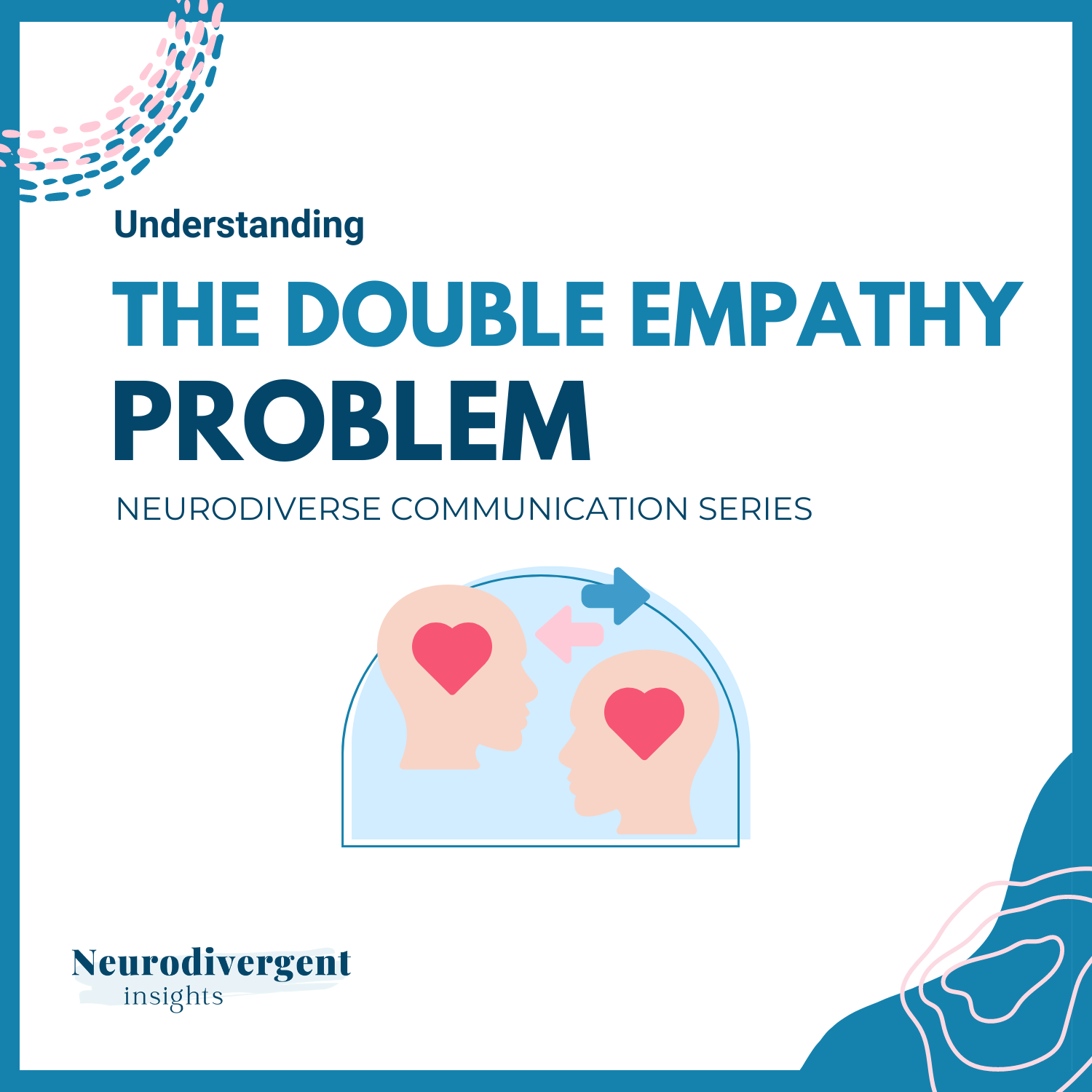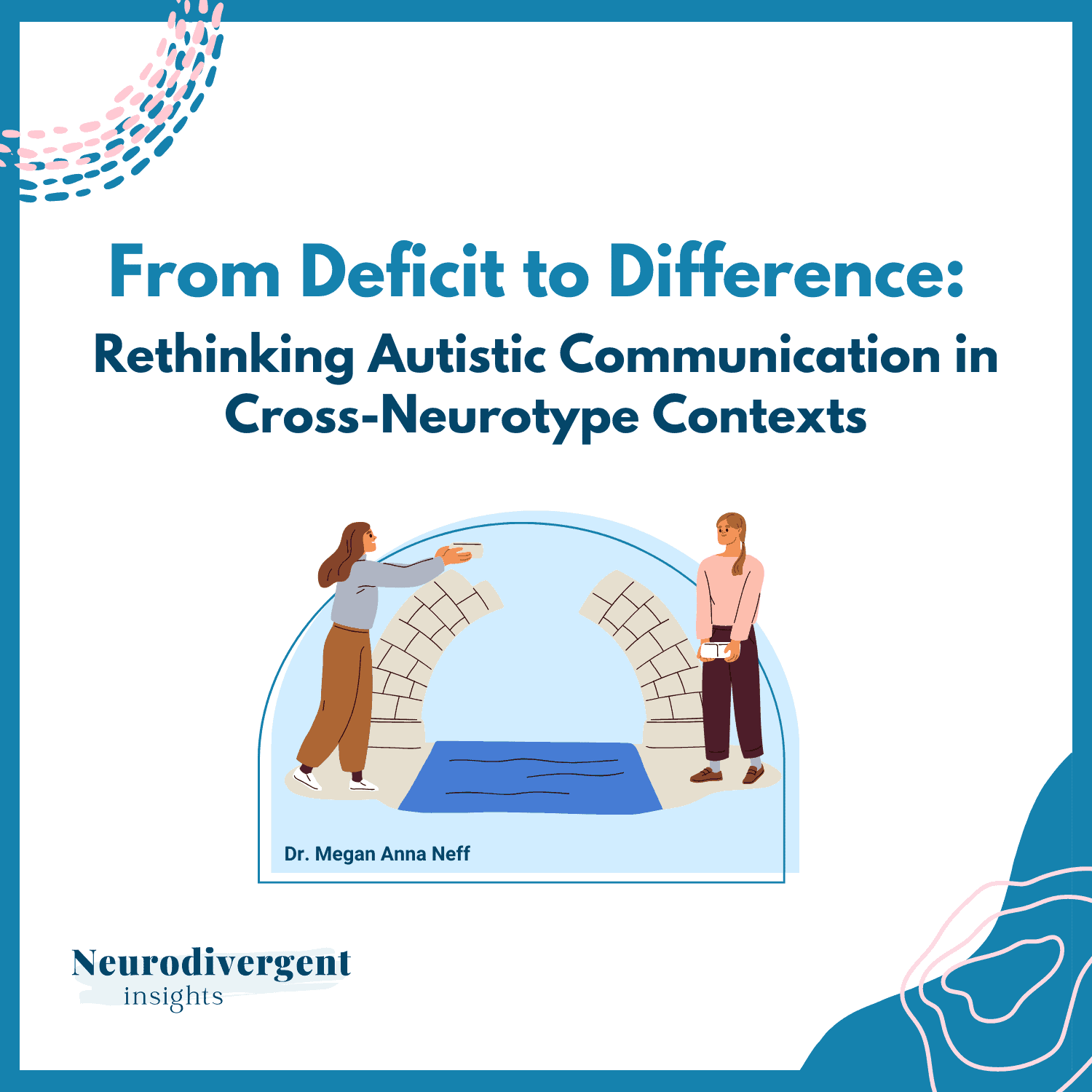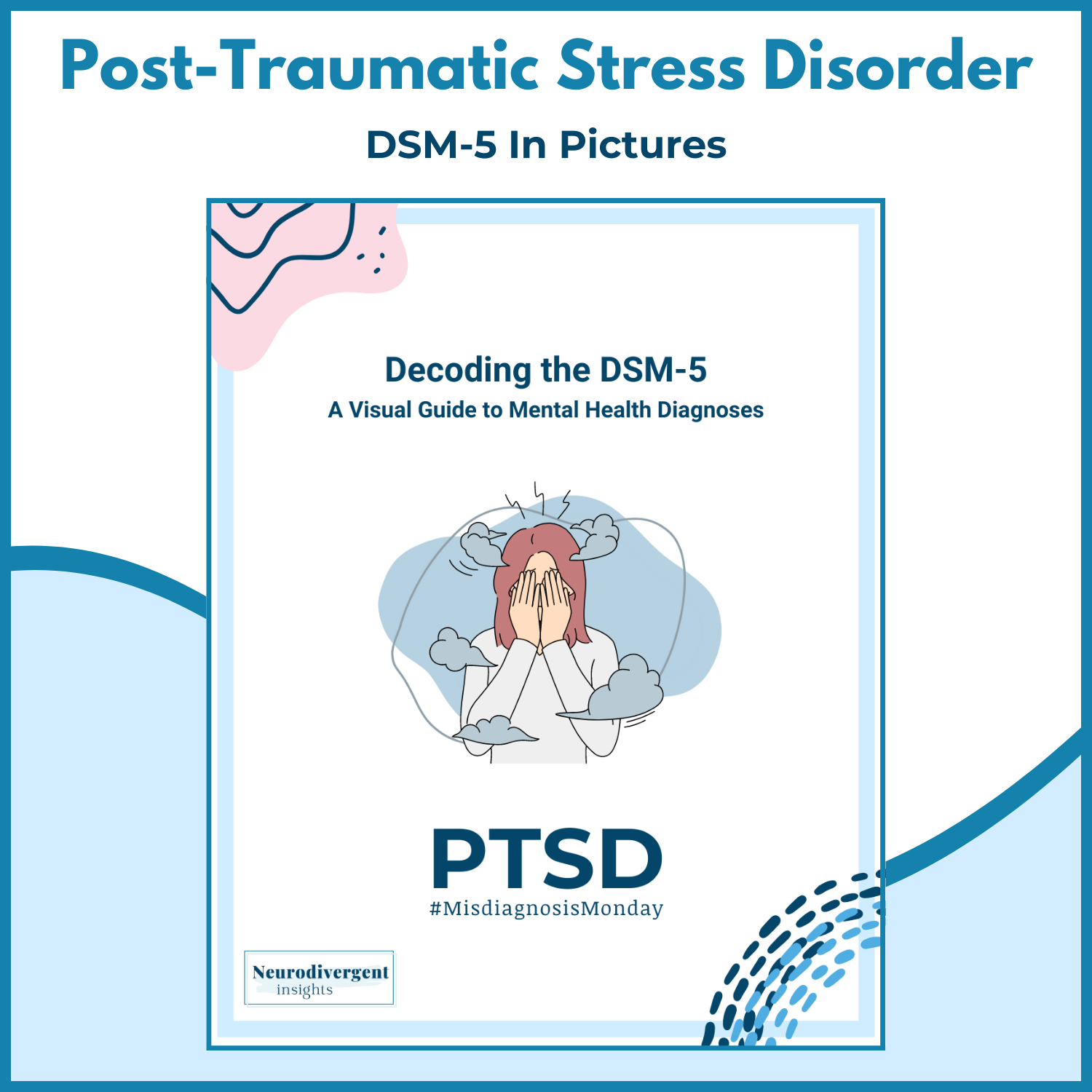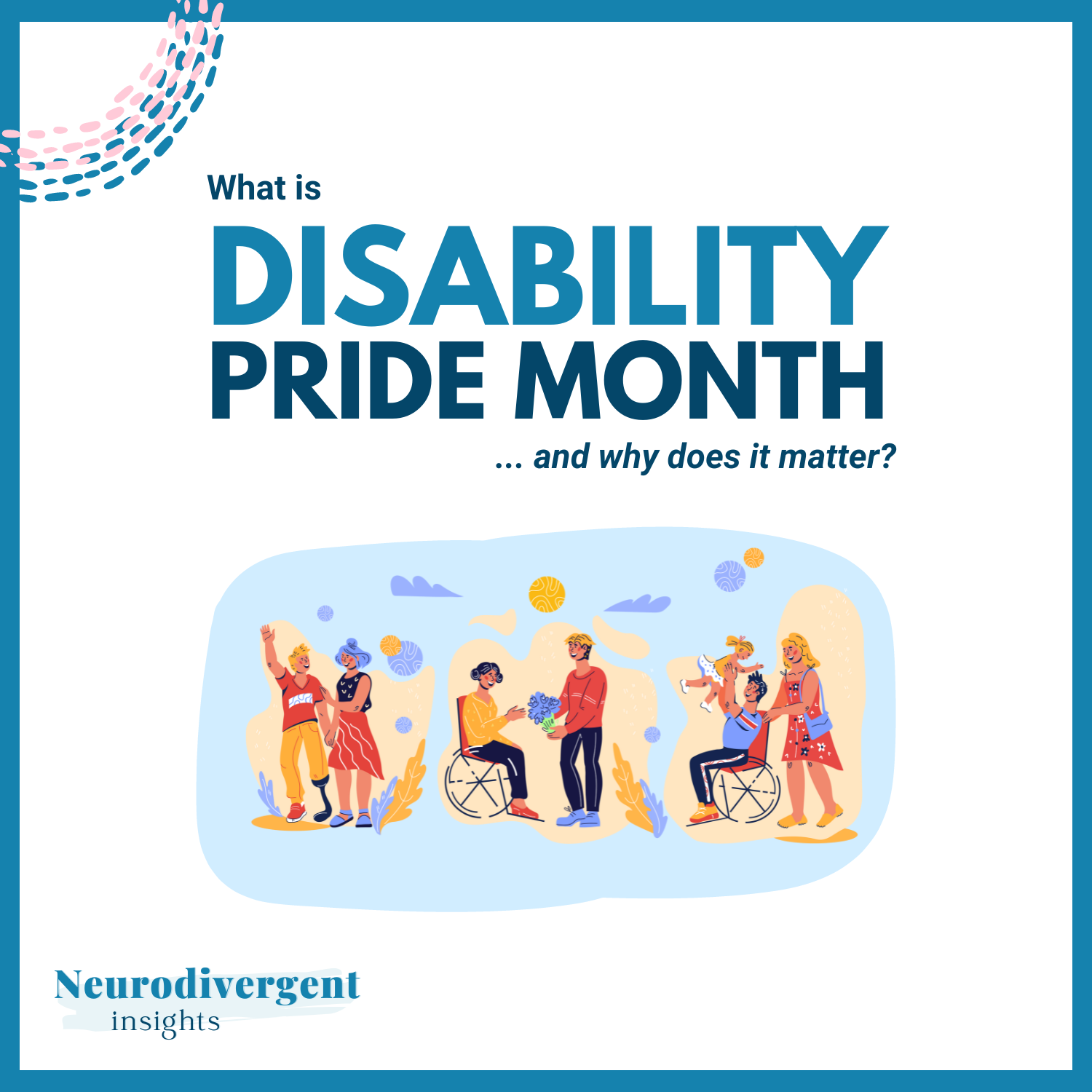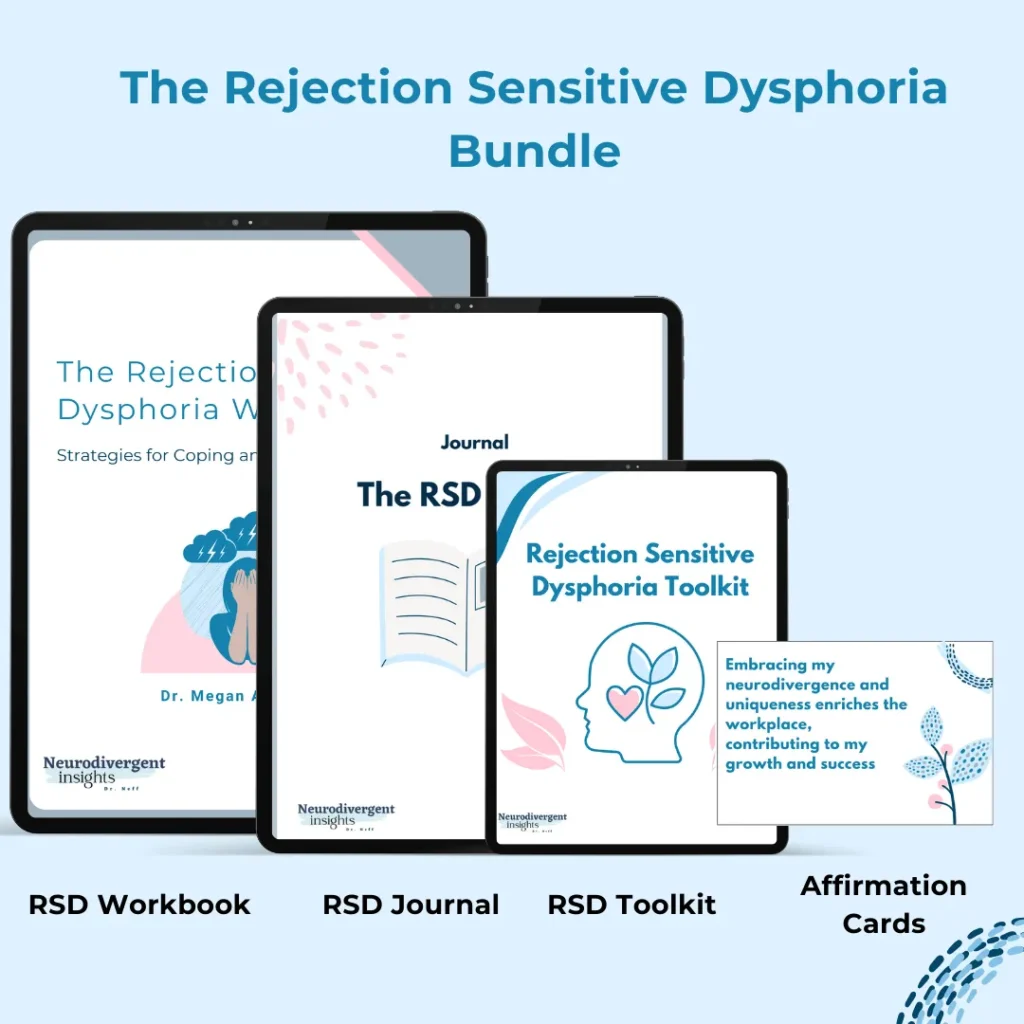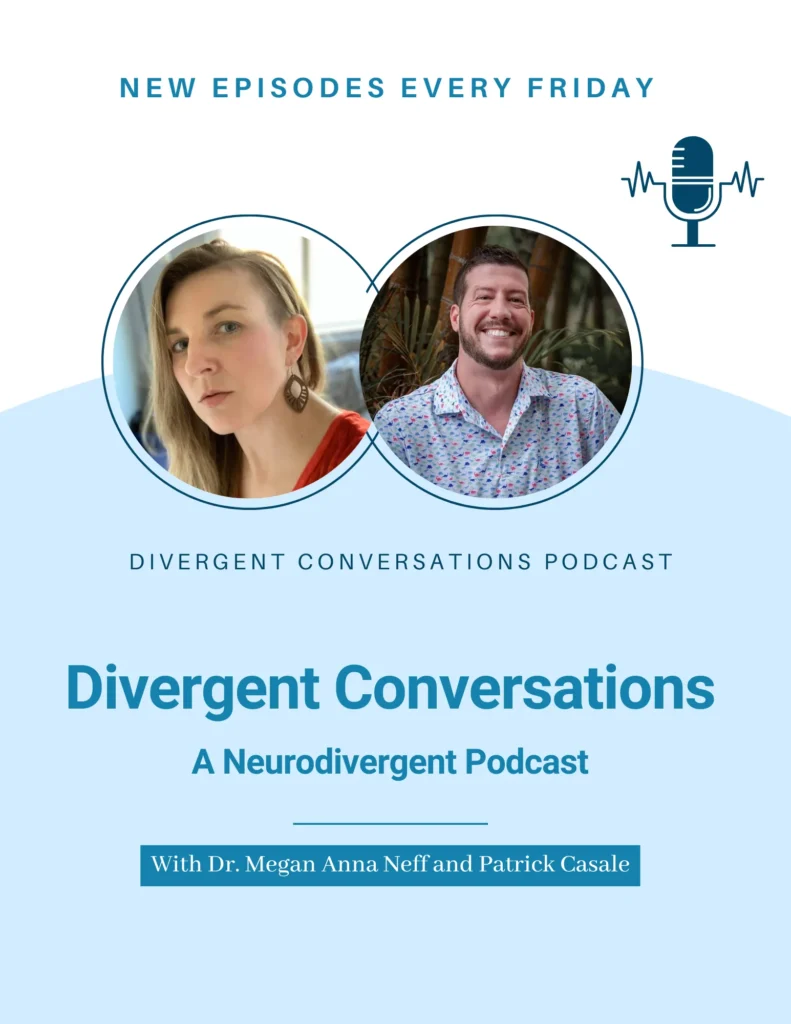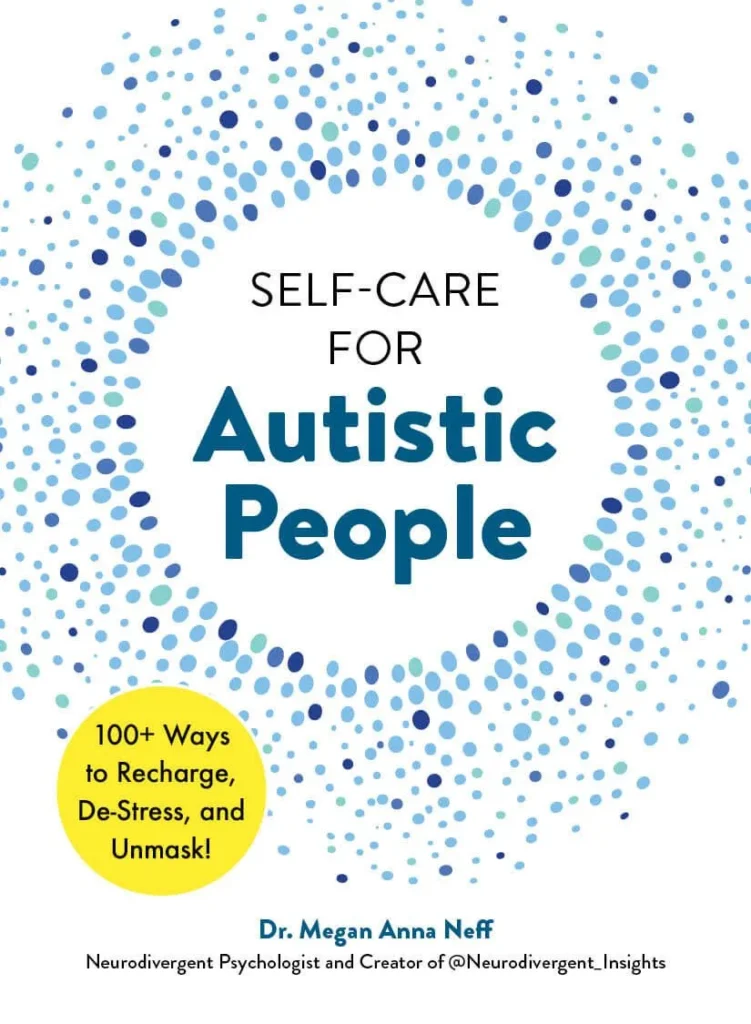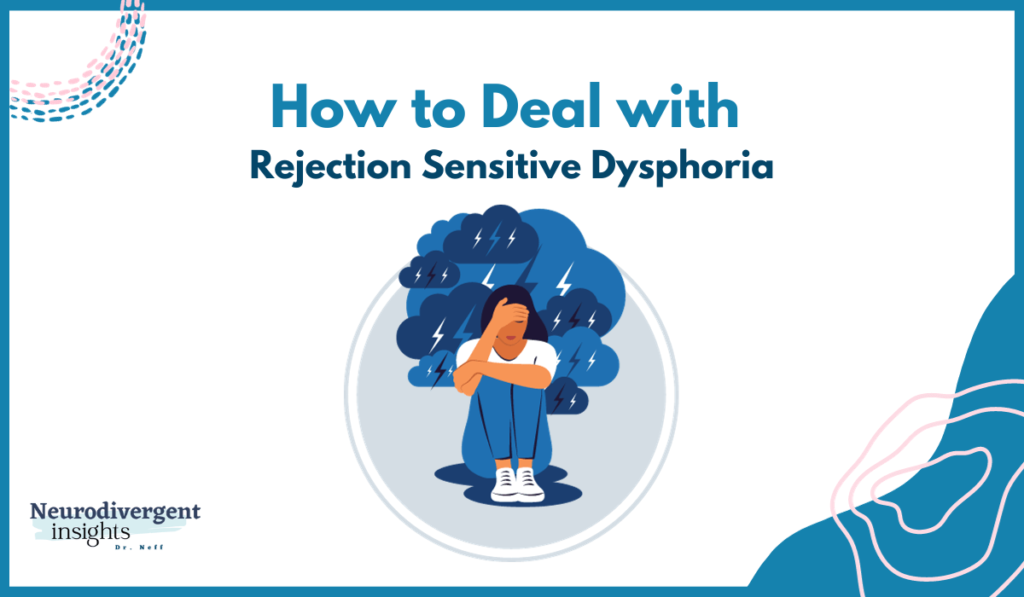
Rejection Sensitive Dysphoria (RSD) is a formidable emotional challenge frequently entwined with Attention-Deficit/Hyperactivity Disorder (ADHD). Its far-reaching influence extends deep into our emotional landscape, relationships, and professional pursuits. It’s hardly surprising that a staggering one-third of individuals with ADHD deem RSD the most challenging aspect of ADHD to live with!
In my work as a neurodivergent clinical psychologist, I’ve witnessed firsthand the toll exacted by RSD on our lives. Understanding how to navigate its complexities becomes paramount. A comprehensive ADHD support plan should address the intricacies of RSD. This blog post guides you through practical strategies to navigate RSD with resilience.
While I wish I could tell you there is a “five-step process to getting rid of RSD”, it’s just not the case. There is no quick fix to RSD. We live with more neurological vulnerability and, as such, will likely always live with RSD vulnerability. However, I do believe we can learn practices that help us manage it better and make it so that RSD has less power over our decisions and our lives.
In this blog post, we’ll delve into practical strategies that can empower you to manage RSD’s influence effectively. Whether you are navigating RSD yourself or seeking insights to support a loved one, today’s article aims to equip you with invaluable tools.
What is Rejection Sensitive Dysphoria?
Rejection Sensitive Dysphoria (RSD) is an intense emotional response characterized by extreme sensitivity to perceived criticism or rejection. RSD often manifests as overwhelming emotions, anxiety, and self-doubt in response to social or professional situations involving judgment or evaluation.
RSD can trigger a cascade of negative thoughts and feelings, leading to self-criticism, low self-esteem, and strained relationships. Understanding RSD is the first step in effectively managing its impact on your life.
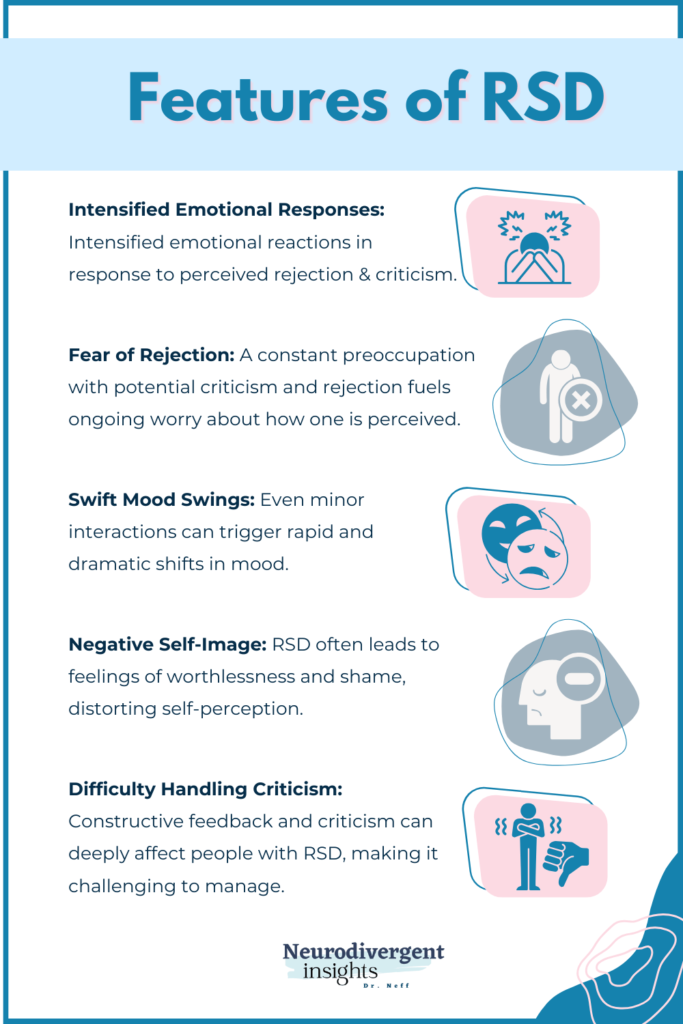
Do I Have Rejection Sensitive Dysphoria?
To determine if you might be experiencing Rejection Sensitive Dysphoria, consider the following checklist. Please note that this checklist is not a diagnostic tool but can help you identify potential experiences associated with RSD. If you suspect you have RSD or experience significant distress related to rejection sensitivity, consult with a mental health professional for a comprehensive evaluation and guidance.
Do you often feel intense emotional reactions in response to perceived criticism or rejection?
Are you highly sensitive to others’ opinions of you, even when they are not negative?
Do you experience overwhelming anxiety or fear in anticipation of situations where judgment or evaluation may occur?
Are you prone to self-doubt, low self-esteem, or negative self-talk following perceived criticism?
Do you find it challenging to navigate social or professional situations due to the fear of rejection?
Have you noticed that your emotional responses to rejection or criticism are disproportionate to the situation?
Do you frequently engage in people-pleasing behaviors to avoid potential rejection or criticism?
If you answered “yes” to several of these questions, you likely are higher on the rejection sensitivity spectrum and may benefit from working one-on-one with someone who specializes in ADHD and RSD.
How to Deal with Rejection Sensitive Dysphoria
Rejection Sensitivity Dysphoria (RSD) can indeed present formidable challenges, but rest assured that there are potent strategies at your disposal to help you effectively manage its impact on your life. In this section, we’ll delve into practical and empowering techniques that equip you with the tools to navigate RSD successfully.
When addressing RSD, it’s important to recognize that both pharmaceutical and behavioral supports can be effective. While we will briefly touch upon pharmaceutical options, our primary focus will be on behavioral strategies. These strategies, rooted in psychotherapy, empower you to respond to your thoughts and emotions in ways that foster emotional resilience and self-acceptance.
While we explore these strategies, keep in mind that any decision regarding pharmaceutical options should be made in close collaboration with your medical team. Together, you can determine the most suitable and effective supports tailored to your unique needs.
Pharmaceutical Support for Rejection Sensitive Dysphoria
Dr. Dodson, a well-respected psychiatrist and ADHD researcher, shares insights about using medications to help people dealing with ADHD and Rejection Sensitive Dysphoria (RSD). During his discussions centered on ADHD and RSD, he’s noted a recurring pattern among patients who’ve undergone therapy for extended periods, often spanning over a decade, with limited improvements in their RSD symptoms. However, when these individuals explore medication options, they often experience a significant transformation, gaining what he describes as “emotional armor” that allows them to engage more effectively in therapeutic interventions.
Looking back at research that goes as far back as the 1960s, Dr. Peter Wender’s discoveries showed that monoamine oxidase inhibitors (MAOIs) had the potential not only for improving focus and attention but also for managing the emotional dysregulation often seen in ADHD, which includes what we now recognize as RSD symptoms. However, there’s a catch with MAOIs: they require strict adherence to a specific diet to avoid potentially harmful interactions. This dietary restriction can be challenging for many people, making MAOIs a less convenient option.
Dr. Dodson emphasizes the emergence of a newer class of medication: alpha-agonists like clonidine and guanfacine. Unlike MAOIs, these medications offer a more user-friendly experience while maintaining comparable effectiveness in RSD treatment. Interestingly, though they deviate from the conventional stimulant medications commonly associated with ADHD, alpha-agonists like clonidine and guanfacine have received FDA approval for managing hyperactivity in ADHD for decades.
What’s particularly compelling is that a significant portion of individuals grappling with RSD report substantial improvements in their emotional sensitivity with the prescription of alpha-agonists. They describe it as donning “emotional armor,” as if the emotional blows that once wounded them now seem to bounce off harmlessly. While not a universal experience, these medications hold the promise of hope and relief for many individuals contending with the formidable challenges of rejection sensitivity.
How Effective Is Medication For Rejection Sensitive Dysphoria?
When it comes to evaluating the effectiveness of medications like clonidine and guanfacine in addressing Rejection Sensitive Dysphoria (RSD), it’s important to note that while the overall success rate may not be as high as one might hope, it still surpasses the efficacy of many other psychiatric drugs. In clinical trials, both clonidine and guanfacine have demonstrated approximately a 30% response rate, offering substantial relief to a noteworthy portion of individuals grappling with RSD symptoms.
What makes these options particularly encouraging is their distinct chemical compositions. If an individual does not respond to one of these medications, there remains a 30% likelihood of experiencing a positive response when trying the other. In essence, this translates to an approximate 55% response rate when considering a trial of both medications—taken separately, not concurrently.
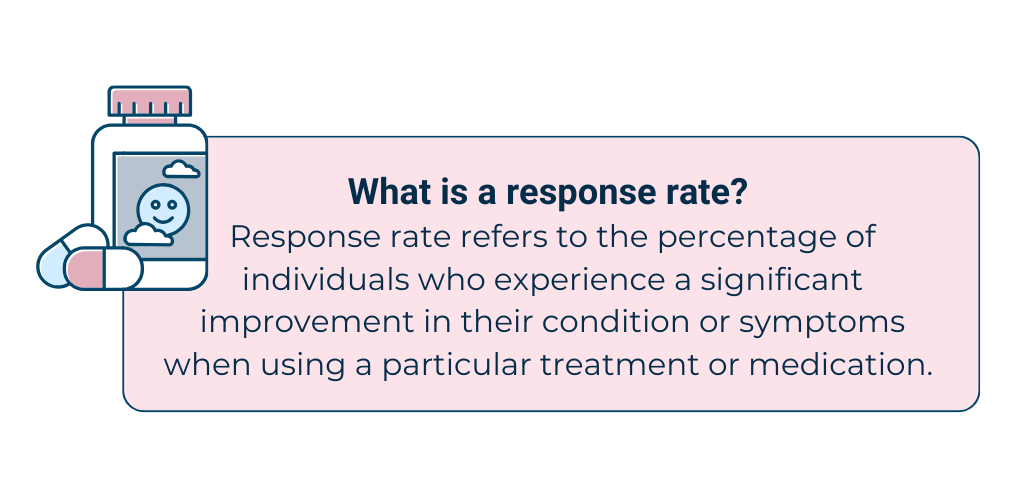
It’s essential to emphasize that pinpointing the right medication can sometimes necessitate a degree of trial and error. Discovering the most suitable treatment may require patience and perseverance on your part. This underscores the significance of collaborating with a healthcare provider well-versed in ADHD, as they can adeptly navigate this process with you, helping determine whether medication aligns with your unique needs and circumstances.
Citation: For more insights, you can listen to the full interview with Dr. William Dodson.
Behavioral Approaches to Rejection Sensitive Dysphoria
For some individuals, the “emotional armor” provided by medications, as discussed earlier, can be a valuable tool for incorporating behavioral approaches to manage RSD. Others may opt to rely solely on behavioral strategies. The choice between these approaches should ideally be made in consultation with your medical team to create a personalized plan tailored to your specific needs. In the sections that follow, we will explore some of my preferred behavioral strategies for effectively managing RSD.

Catch the Narrative
When we encounter rejection, our minds often weave negative stories that lead to rumination and self-blame. To break this pattern, practice “catching the narrative” by recognizing it as it unfolds. Take a moment to breathe and observe your thoughts and feelings without judgment. Give these narratives a name to distance yourself from them; for example, you might say the “Rejection script” or the “Bad Friend” script is playing right now. Over time, you’ll become better at identifying and disrupting these patterns. This process empowers you to take control of negative thought patterns, understanding they are constructs of your mind and not immutable truths.
Put It in Writing
Surprisingly, writing down your weighty thoughts can be remarkably soothing. It not only contains them but also helps you identify and comprehend them better, lightening your emotional burden. Recognize common stories triggered by rejection sensitivity, such as feelings of incompetence, unlikability, or unworthiness of recognition. If you have a creative side, consider illustrating these experiences or including art journaling into your emotional processing.
RSD Journal Prompts
Research indicates that expressing your feelings and contemplating potential outcomes following a rejection experience can expedite the processing of those feelings (Rude, Mazzetti, Pal, & Stauble, 2011). Open-ended journaling can be beneficial, but if you prefer prompts, you can find a variety of journal prompts to get you started on RSD and Relationships/Friendships in the RSD Journal resource.
Emotional Acceptance
Accepting your emotions without judgment or resistance can help you navigate feelings of rejection more effectively. This is especially significant for neurodivergent individuals who tend to have more emotionally avoidant coping patterns.
However, emotional acceptance can be challenging due to factors like alexithymia, societal stigma, or past trauma. To overcome these challenges, practice acknowledging and allowing your emotions without attempting to change them. It takes time and practice, but it can provide clarity and reduce self-criticism.
Emotional Distancing
If emotional acceptance feels challenging, you can explore emotional distancing as an alternative approach. This technique involves viewing your experience of rejection from an external standpoint, like an observer or passerby. This external perspective can expedite the fading of negative emotions (Ayduk & Kross, 2010).

The earlier exercise mentioned, known as ‘catching the narrative,’ is a practical example of emotional distancing. It helps you gain a fresh perspective and create distance from negative thoughts and emotions.
Additionally, if the emotion becomes particularly overwhelming, you can employ distracting techniques, such as watching a favorite show or funny videos, until the emotional intensity subsides to a more manageable level that allows for more effective processing.
Regulate Your Emotions
Rejection sensitivity triggers a stress response in our bodies, including the fight-or-flight response. Engaging in emotional regulation techniques can help calm the amygdala and regulate our nervous system. Explore various techniques to find what works best for you, as responses vary from person to person. Regular practice can enhance emotional control and self-care.
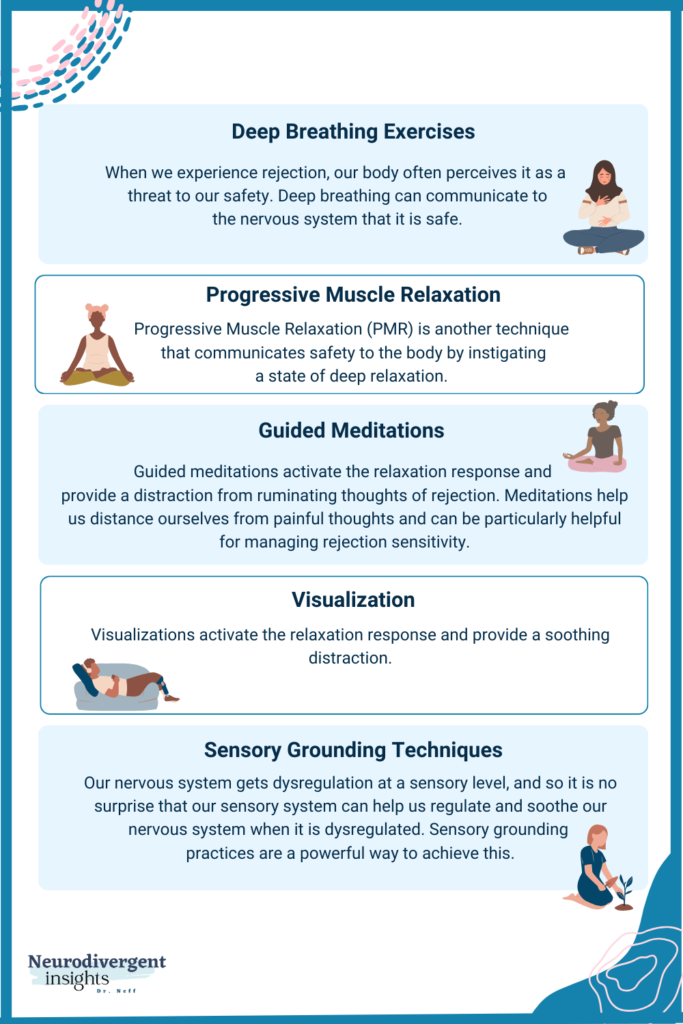
Deep Breathing Techniques
When we experience rejection, our bodies may perceive it as a threat to our safety. Deep breathing can signal to the nervous system that you are safe. Here’s a technique:
Inhale deeply through your nose for a count of 4.
Hold for 1-2 seconds.
Slowly exhale through your mouth for a count of 6 (note that the extended exhale is crucial for triggering the relaxation response).
Progressive Muscle Relaxation (PMR)
PMR is a calming method that communicates to your body that it’s safe. It involves tensing and then relaxing various muscle groups, starting with your feet and working upward. This activates your body’s ‘relaxation response,’ reducing the emotional impact of stress, including rejection. PMR eases muscle tension and promotes overall relaxation. If releasing tension proves challenging, particularly for neurodivergent individuals, try a body scan with tension release and visualization. You can find a guided PMR exercise here.
Guided Meditations
Guided meditations can activate relaxation responses, providing a calming experience while diverting your attention from rumination associated with rejection sensitivity. They teach you to observe distressing thoughts and emotions objectively, improving self-regulation. Note that meditations don’t work for all neurodivergent individuals. Experiment to find meditations and visualizations that work best for you.
Sensory Grounding Practices
Engaging your five senses for grounding can effectively shift your focus away from distressing thoughts and emotions, helping you return to the present moment. Sensory grounding techniques, such as running your hands under hot water or savoring tea, can assist in managing emotional distress at work. To use these techniques, identify what soothes you, such as taking a warm bath or enjoying pleasant scents. Concentrate on the sensation, redirecting your attention as needed to regulate your nervous system and reduce the impact of rejection sensitivity. Prepare a list of soothing activities or items in advance for easier use during intense emotions.
Visualization
Visualization is another emotion regulation skill. Immersing yourself in calming mental images or scenarios can trigger the body’s “relaxation response” and diminish the impact of stress, including rejection. This technique also serves as a distraction method to detach your mind from RSD narratives. Incorporating visualization exercises into your daily routine fosters a sense of calm and helps distance you from distressing thoughts and emotions. Some people enhance their visualization experience with music, such as binaural beats or indigenous drumming, to induce a trance-like state and deepen their presence in the exercise.
Self-Compassion and Acceptance
To break the cycle of rejection, practicing self-compassion and speaking positively about yourself is key. Perceived rejection often activates negative self-talk and scripts about our worth and value, so when we engage in self-compassion, we “flip the script” or change the narrative in our mind.
You can also use affirmations or affirmation cards to help remind you of your intrinsic worth. The key to using self-compassion and affirmations effectively is genuinely believing in them. Neurodivergent individuals sometimes struggle with this because of years of negative self-talk that have eroded self-esteem.
Thinking ahead to self-compassion statements and affirmations that resonate with you in the moment is paramount. If traditional self-compassion statements are challenging, consider trying some of the following:
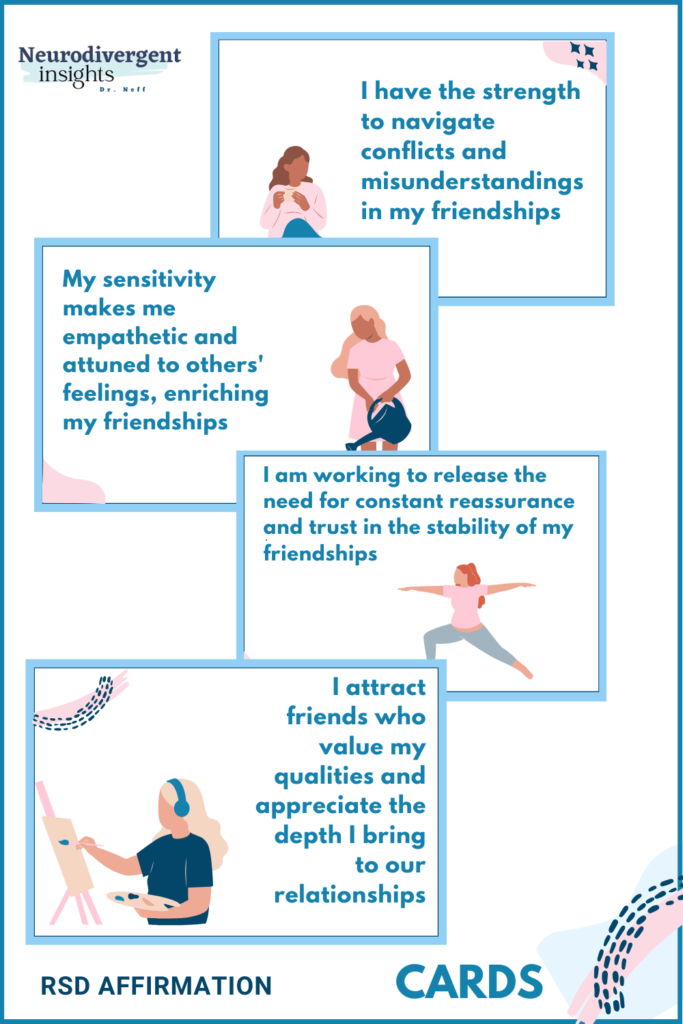
This is a difficult moment.
This is a painful experience. I hurt because I care.
This experience is painful, and that is okay.
I am learning and growing from this.
My worth is not determined by this one experience.
Mistakes are part of being human, and they don’t define me.
I am resilient, and I can overcome challenges.
Practicing self-compassion and using affirmations may take time, but with patience and consistency, they can become powerful tools in managing rejection sensitivity and promoting emotional well-being.
Conclusion
Navigating life with ADHD can be tough, especially when Rejection Sensitive Dysphoria (RSD) comes into play. But as we’ve discussed in this blog post, it’s important to remember that while RSD may always be a part of our lives, we can learn to manage it in a healthier way. The aim isn’t to get rid of RSD completely, but to take back control over how we respond to our emotions.
We’ve explored various strategies in this post, from medication options to behavioral approaches, to help you manage the challenges of Rejection Sensitive Dysphoria (RSD). It’s important to remember that finding the right approach may take some trial and error, so patience is key.
Equally important is cultivating self-compassion and self-acceptance. RSD can be tough to deal with, but you’re not alone in this. Connecting with peers, therapists, or support groups can make a big difference.
As you continue on this journey, remember that building emotional resilience takes time and practice. Celebrate your progress, no matter how small, and be gentle with yourself when things don’t go as planned. RSD may be part of your experience, but it doesn’t define who you are or limit what you can achieve.
For more insights and practical exercises, check out the Rejection Sensitive Dysphoria workbook and bundle available here.
